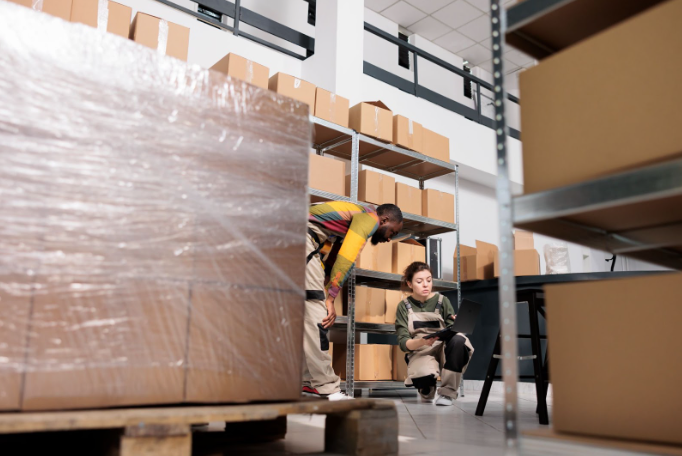Layflat vs. Gusseted Bags — What’s the Difference?
- Freelancer Developer
- Jul 1, 2025
- 2 min read
Updated: Aug 13, 2025
When it comes to poly bags, not all styles are created equal. Two of the most common formats in the flexible packaging industry are layflat bags and gusseted bags. At first glance, they might look similar — but each has its own advantages depending on what you're packaging and how it’s being handled.

This post breaks down the differences between layflat and gusseted bags so customers can better understand which option fits their needs.
What Is a Layflat Bag?
A layflat bag is a simple, flat plastic bag with two sealed sides and one open end. When empty, it lies completely flat — just like the name suggests.
Common features:
Sealed on the bottom or side
No folds or expansions
Clean, flat surface for labeling or printing
Great for uniform or flat items
Layflat bags are typically used for:
Parts packaging (manual or hand-inserted)
Clothing, literature, or promotional materials
Food service items
Heat sealing and impulse sealing
They're ideal for low-profile products that don’t require extra depth or expansion.
What Is a Gusseted Bag?
A gusseted bag has extra folds (gussets) on the sides or bottom that allow the bag to expand outward. At M Plastics, we primarily manufacture side gusseted bags with a bottom seal, especially for food and industrial use.
Common features:
Expands to fit bulky or irregularly shaped items
Increases internal volume without increasing bag size
Often used for box liners, bread bags, produce, or hardware
They’re the go-to choice when extra space is needed — and they pack more efficiently when used in shipping or automated lines.
Visual and Functional Differences
Feature | Layflat Bag | Gusseted Bag |
Shape When Empty | Completely flat | Folds along sides or bottom |
Expansion | None | Expands outward when filled |
Storage Efficiency | High (compact) | Medium (depends on fold) |
Best For | Flat items | Bulky or irregular items |
Common Format at M Plastics | Plain or printed, side seal or bottom seal | Bottom-seal with side gussets, plain or wicketed |
How to Choose the Right Bag
Here are a few quick tips to help customers decide:
Use layflat bags when: You’re packaging lightweight or low-profile items and want clean, flat presentation.
Use gusseted bags when: You need extra volume or are lining a box, bin, or tray with a flexible material.
In some cases, clients may use both formats — one for inner product protection (layflat) and one for outer bulk packaging (gusseted).
Final Thoughts
The choice between layflat and gusseted bags depends on the application. At M Plastics, we manufacture both styles using high-quality LDPE, available in custom sizes, gauges, and print options. Knowing the difference helps ensure your packaging is efficient, cost-effective, and perfectly suited to the job.




Comments